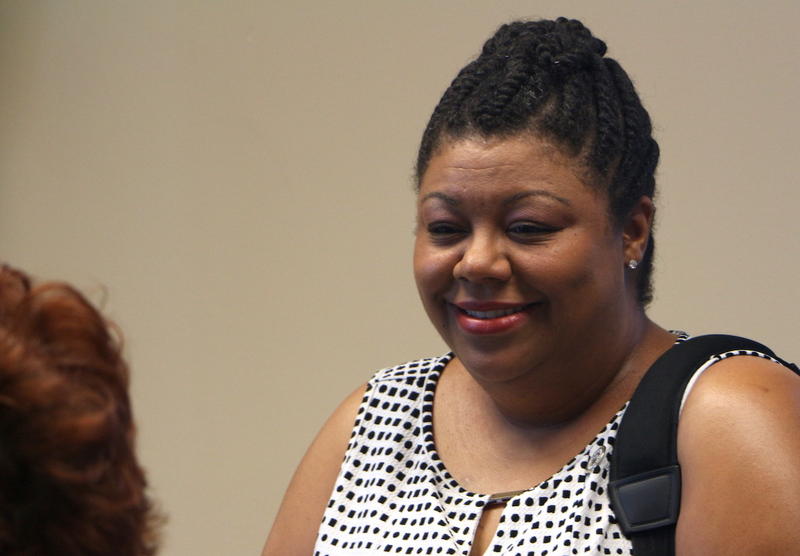
There’s no mystery about the top priority for the new Nashville Metro Council: Finding the money to pay for essential services in a growing city.
The budget looms large after two straight years of departmental cuts and tense debate about whether to raise taxes.
“We’re going to have to start talking about the budget immediately,” said Metro Councilman Colby Sledge. “It’s an issue that’s staring us right in the face.”
While nearly half of the council is newly elected, the group inherits a familiar challenge. Without enough money, council members say the challenge is clear. And some are already considering one solution, a tax increase, that could end up at odds with the new mayor.
Mayor John Cooper won office by promising to wring more savings out of the city budget, not to raise taxes.
But several members of the council say the city has been scraping by for too long and struggling to pay employee salaries.
“We have asked departments for two years to cut spending. I’ll be interested to see where additional savings can be found without cutting into city services,” said Councilwoman Burkley Allen, who is beginning her third term.
And she says the voters have been clear: they want Metro to serve them better.
“They feel like in the past we’ve worked too focused on bringing in new business and making things great for tourists, sometimes at the expense of folks who live here,” she said. “I am sure we can’t do what everyone wants without making some major changes.”

The prior council was
one vote short of passing a tax increase. And already, some new members say they’re willing to make that move if there isn’t another option.
“It is my hope that with our new administration, that they will be able to present a budget that takes care of all of our priorities without a property tax increase,” said Councilwoman Delishia Porterfield. “But if that does not happen, I do believe the council is prepared to move forward.”
She says part of the debate is whether Metro has an overspending problem or a revenue shortage.
And what’s already clear is that many council members campaigned around goals like getting pay raises to teachers and first responders, promises to improve infrastructure — similar to the mayor.
But the coming months will show whether such improvements are possible, and which path Metro takes to fund them.
Vice Mayor Jim Shulman, who oversees the council, says the group plans to give the mayor time to inspect the budget, as he has promised to do. But he says they can’t wait too long. And some members are already pushing to open budget discussions several months earlier than usual instead of waiting for the mayor to act in the spring.
“Sometimes it takes the council a little while to understand that it does have some power … and that it’s supposed to be a proper check and balance on the mayor’s office,” Shulman said. “This council [already] understands that.”
In recent years, some members have groused about the strength of the mayor in Metro’s system.
In particular, creation of the annual city budget is led by the mayor, and council members have complained when they feel they’re not getting enough information, or when proposals arrive at the last-minute and are difficult to study before a vote.
Councilwoman Angie Henderson has pushed against what she calls the “mayor-dominant” system, but now finds a mayor in office whom she openly supported during the campaign.
She described Cooper as a helpful colleague on council, and one who understands what it feels like to be a lone dissenter, or skeptic.
“I have always found him to work well with others,” she said. “I’m hopeful this mayor will be working collaboratively with this council.”


